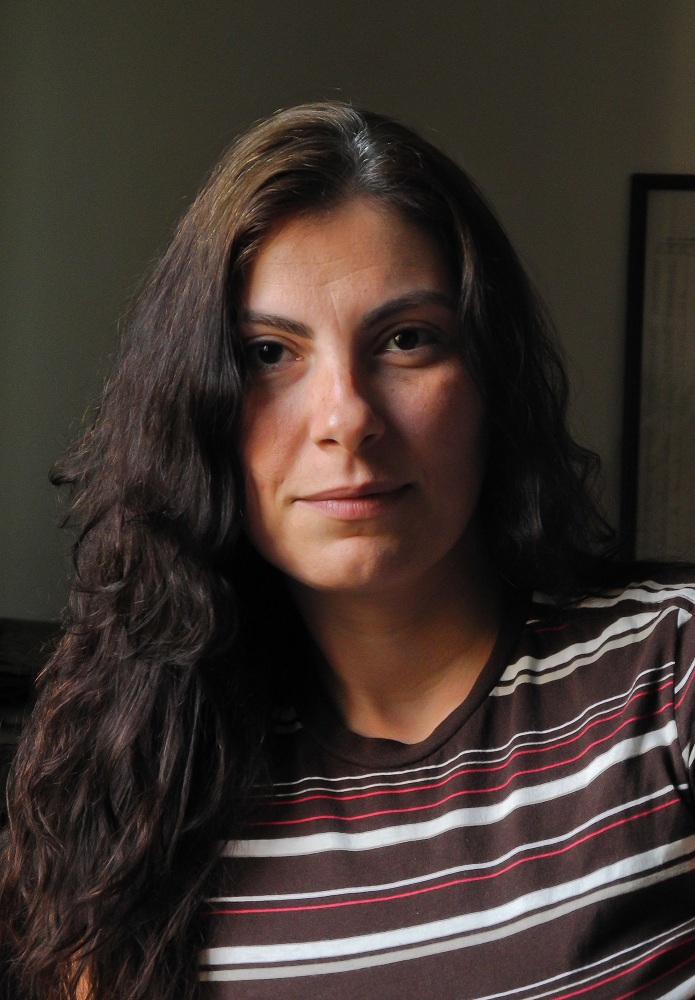
By Ahmed Tharwat
French political philosopher Alexis de Tocqueville (1805-1859) said: “In democracy we get the government we deserve.”
He was, of course, talking about true representative democracy that produces leaders the people want and choose. The assumption here, however, is that people know what is good for them and they chose freely. The French philosopher was right about one thing – leaders who run or ruin our lives bring out something deep in the people they govern and rule. What he failed to recognise is that this is not only in democracy, but in authoritative regimes as well, where even dictators have to play politics to stay in power.
Western democracy brought Eisenhower, Kennedy, Bush Jr. and Obama, who brought out the different characters of the American people. Unfortunately, over the last six decades or so, Egypt has probably ended up with dictators who tried to appeal to the best and worst of Egyptians. In my opinion, General Al-Sisi is the worst of them all, as he has been appealing to the worst of Egyptians, and in turn brought out the worst of Egypt.
The so-called “Free Officers Coup” for the first time brought actual Egyptian leaders, middle-class military dictators who, in one way or another, reflected, for the first time, the culture and values of average Egyptians: not the elites or the colonialists. Nasser, with his dictatorial style, rallied the people around a sense of national pride. Sadat represented cunning and deceitfulness. Mubarak ruled for 30 years by appealing to Egyptians’ love of a sense of stability.
Morsi was elected with more than 50% [of the vote] in a fair election, by appealing to laymen’s religious feelings and naïveté. General Al-Sisi’s political and military manoeuvring came, appealing to the worst of Egyptians. With his false pretence of pluralism, the saviour of Egypt with his hyper-nationalism, hyperbolic bravery, and his unwarranted self-assurance, General Al-Sisi brought with his jihad against the incompetent Brotherhood the worst of Egyptians vices – the “tribalism” of Al-Sisi vs. the Brotherhood, xenophobia, disrespect for others’ views, affinity to irrational thinking, and a very sinister anti-intellectualism.
A culture of hatred and thuggery had spread everywhere: in the street, at work, in organisations, and family homes. Political harassment leads to sexual harassment, where politically abused citizens lose their respect for human dignity and themselves. Al-Sisi has brought a deep sense of hate and revengeful culture, where Egyptians – I think for the first time – speak to each other in such a venomous and irrational discourse. “Kill all the Brotherhood traitors” has become a common thread in public conversation.
As Thanassis Cambanis reported in Foreign Policy: “In prosecuting its war on terror, Egypt has lumped the Muslim Brotherhood together with the jihadi Ansar Beit Al-Maqdis – equating dissent in the vernacular of political Islam with bombings and assassinations.”
“The Muslim Brotherhood is the parent organisation of extreme ideology,” Al-Sisi toldthe Washington Post in March. “They are the godfathers of all terrorist organisations. They spread it all over the world.”
Egyptians have been exposed to Al-Sisi’s hyper-antiballistic media machine, and they have never before resorted to such divisive mannerisms or hateful speeches and propaganda. Egyptians now adhere to conversations that take shape as irrational tribalism: if you aren’t supporting Al-Sisi, you are part of the international Brotherhood organisation, a traitor, and a foreign agent.
Since Al-Sisi ousted the first elected president, Mohamed Morsi, he had a free hand and mandate to do what he pleased with impunity. He may not have rigged the election, but through the intimidation of any opposition, shutting down their media, while employing the state-entrenched propaganda machine, he was able to rig people’s minds and the electorate.
Now no one is safe in Egypt. The Al-Sisi government has been working on the elimination of any symbol of decency; people mysteriously disappear, and if they aren’t getting killed in the street or in their homes or at work, they are killed by legal execution with a politicised judicial system and chequebook judges. As Professor Ragui Assaad of the Humphrey School of Public Affairs put it on my TV show: “Egyptian judges and media are trying to outdo each other in showing their hate of the Brotherhood.”
Since Al-Sisi’s military coup, we have seen mass executions, disappearances, and mass-detentions, which according to human rights organisations, accounts for more than 40,000 detainees. Egyptians have not lost just the right to live with dignity, but also the right to die with dignity. General Al-Sisi, with his media machine, turned Egyptians against each other, the good noble Egyptians against those foreign agents; the Egyptians who hate Egypt. Al-Sisi has turned Egyptian institutions into political agents to suppress and eliminate oppositions from the right and left.
Here, Thanassis Cambanis comes in again: “Al-Sisi’s paranoid style appears to be the product of a coherent view among Egypt’s fractious security services, which are showing a unity of purpose in carrying out the campaign against all political dissent. The military, police, intelligence agencies, and courts are pulling together to carry out the government’s political vision – an impressive bureaucratic achievement, but one that bodes poorly for democratic reform.”
Just this week, General Al-Sisi had appointed a shady figure as the Minister of Justice, a man who once professed on national TV that “we (judges) are the masters and the rest are slaves”. One wonders: why would a dictator need a minister of justice anyway!
Just four years after bringing forth the most impressive revolution that toppled the longest dictatorship in Egyptian history, Egyptians have lost their sense of who they are, and so they stopped even trying. Egypt has become a dead poets’ society! As George Orwell said in his book “1984”: “One does not establish a dictatorship in order to safeguard a revolution, one makes the revolution in order to establish the dictatorship.”
Ahmed Tharwat is host of the Arab-American TV show Belahdan. His articles published in national and international publications. He blogs at Notes From America, on www.ahmediatv.com Follow him on Twitter @AhmediaTV



